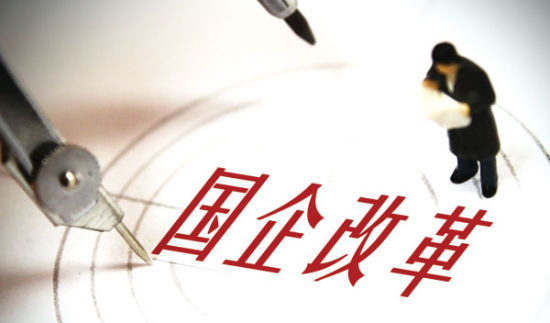China approves plan to overhaul SOEs
China Daily, August 10, 2015 Adjust font size:
|
|
|
The State Council has approved a long-awaited blueprint to overhaul State-owned enterprises (SOEs), reported South China Morning Post citing inside source. [Xinhua] |
The State Council has approved a long-awaited blueprint to overhaul State-owned enterprises (SOEs), reported South China Morning Post citing inside source.
The shake-up, which aims to put greater distance between government and the day-to-day commercial operations of State firms, will include setting up two new Temasek-style sets of companies that will channel funds to SOEs and pressure them to turn a profit, said the newspaper on Saturday.
Temasek is a sovereign fund investment company in Singapore with a broad portfolio.
The "State-owned capital operating companies" would allocate state funds to monopolistic SOEs in mission-critical sectors, and mainly manage SOEs' stock rights rather than directly run market-driven industries, according to the newspaper.
Under the new system, SOEs will in return be able to make more of their own business decision and their board of directors will be able to make the manager-level hiring.
However, party leadership sent by the State-owned Assets Supervision and Administration Commission (Sasac) to SOEs remains unchanged, said the Post.
The Third Plenum of the Communist Party of China's 18th Central Committee in November 2013 set the agenda for a new round of SOEs reform. Since then, China has been pressing ahead with plans to expand mixed ownership of SOEs to boost economic efficiency.
According to estimates by Gavekal Dragonomics, an economic research company in Beijing, the productivity gap between State-owned and private companies has widened since the financial crisis in 2008, with an average return on assets for state entities at about 4.6 percent, compared with 9.1 percent for private companies.
